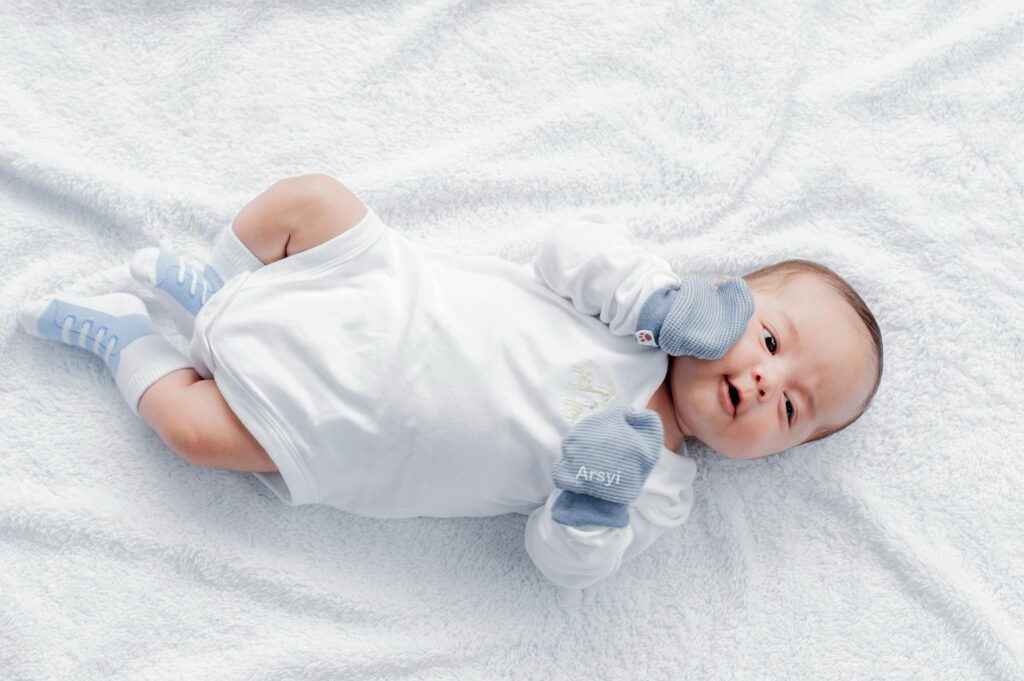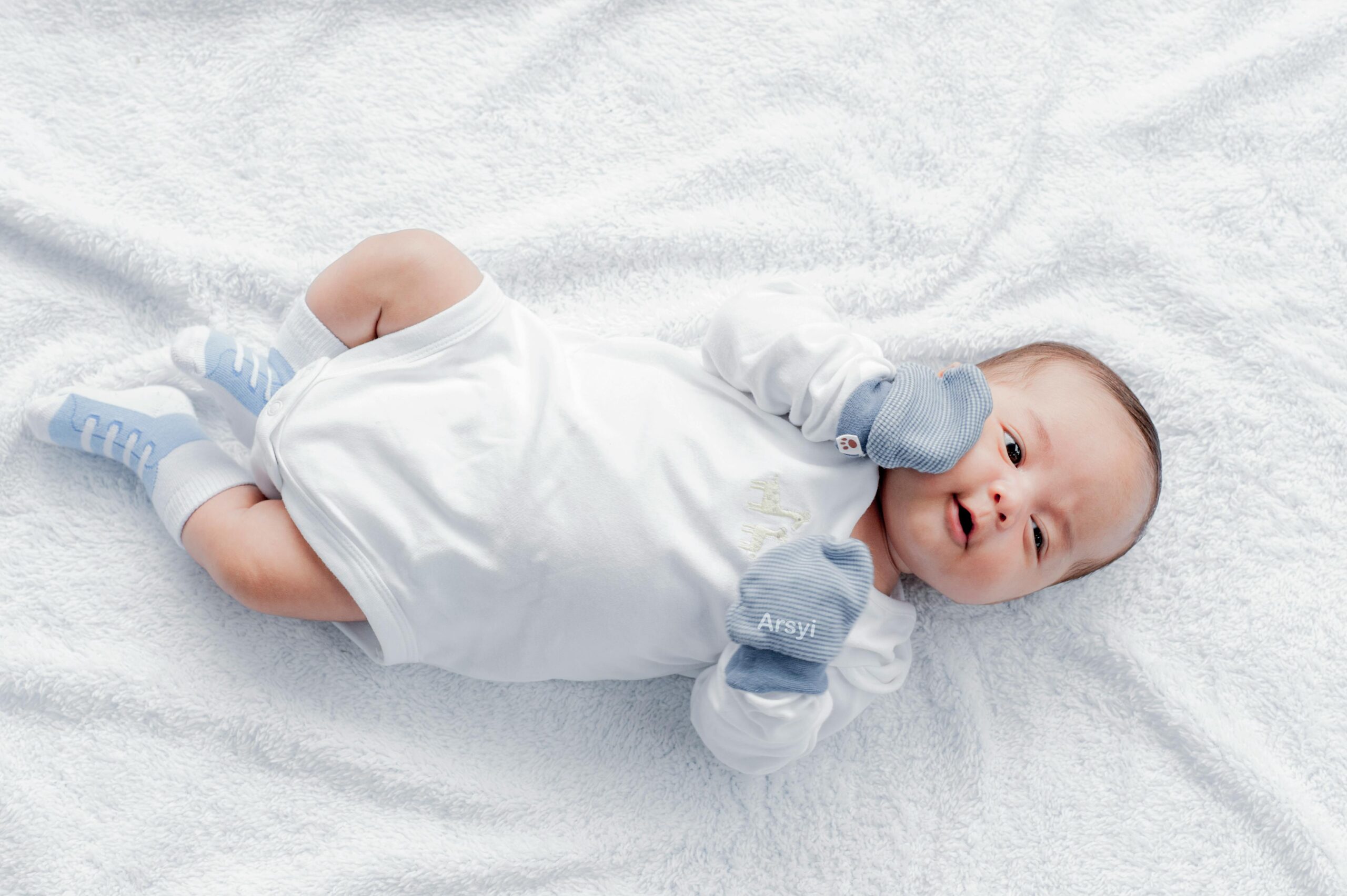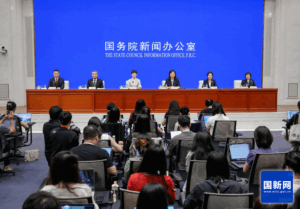The 2024 Liu Run Annual Speech: A Wake-Up Call for Baby and Maternity Entrepreneurs
On October 26, 2024, Liu Run delivered his much-anticipated speech, “The Power of Evolution,” addressing the key challenges faced by modern Baby and Maternity Entrepreneurs. His central theme, “Flowers Will Always Bloom,”encouraged persistence in the face of difficulty. He tackled pain points such as pricing pressure, customer decline, an aging society, and technological disruption—topics highly relevant to Baby and Maternity Entrepreneurs seeking long-term growth.
Related Article: Managing Second Categories in Baby Retail for Growth

Baby and Maternity Entrepreneurs Facing a New Era of Consumer Decline
For the first time in years, many baby and maternity entrepreneurs are experiencing a significant decline in customer traffic. Liu Run emphasized that this trend isn’t temporary but rather the result of deep structural shifts—including declining birth rates and aging populations.
In this context, precision marketing in maternity is not just a strategy but a necessity. Entrepreneurs must clearly identify and reconnect with the real users of their products—many of whom are no longer traditional young parents.
Learning from Disneyland: Rethinking the Customer Archetype
Liu Run cited Tokyo Disneyland as a successful example. Facing a similar birthrate decline, the park shifted its core demographic from children to adult women. Music, architecture, and food were all redesigned to appeal to this new audience.
This example provides a valuable lesson for baby and maternity entrepreneurs: products like diapers, nutritional supplements, and baby skincare items don’t always need to be marketed to parents. Through precision marketing in maternity, brands can reposition themselves to appeal to grandparents, caretakers, and even adult women who resonate with the emotional values these products convey.
Six High-Potential Consumer Groups: Where Baby and Maternity Entrepreneurs Can Expand
Liu Run, citing McKinsey’s latest report, outlined six major consumer groups that provide new opportunities for growth:
- Urban middle class aged 26–41 seeking stress relief
- Rural middle-aged and elderly focused on health
- Affluent retirees in top-tier cities enjoying life
- Middle-class seniors in lower-tier cities pursuing quality
- Urban Gen Z valuing immersive experiences
- Pre-elderly and “vital elderly” embracing lifestyle and dignity
These groups demand different value propositions, but all can be tapped into through precision marketing in maternity. For example, offering tailored maternal and child nutritional supplements to the health-conscious elderly or rebranding baby skincare for urban Gen Z’s interest in gentle, sustainable products.
Related Article: How to Find a Breakthrough Point in the Game of Existing Resources in 2025?

From Traffic to Relationship: Precision Marketing in Maternity Must Go Omnichannel
In today’s fragmented digital landscape, baby and maternity entrepreneurs must rethink how they engage with users across platforms. Liu Run emphasized that effective marketing today means combining public domain visibility (e.g., social media exposure) with private domain loyalty (e.g., WeChat groups, member communities).
This approach requires deep data analysis and segment-specific communication—fundamentals of precision marketing in maternity. Successful brands are already applying this through TikTok videos, Xiaohongshu reviews, and long-term CRM campaigns.
Raising Price Perception: Emotional Value Matters More Than Ever
When prices fall, many brands race to the bottom. But Liu Run argued that sustainable growth comes from increasing emotional value rather than sacrificing margin.
Baby and maternity entrepreneurs can learn from Miniso’s success in elevating average product prices by aligning goods with emotional experiences. Precision marketing in maternity should therefore focus on stories, parenting dreams, intergenerational bonds, and health confidence—resonating with not just utility, but meaning.
Related Article: 2025 Survival Guide for the Mother and Baby Industry

Tackling Aging Society: Two Blue Ocean Markets for Baby and Maternity Entrepreneurs
One of Liu Run’s most forward-looking ideas is that the aging population isn’t a burden—but a blue ocean. He divides older consumers into two promising groups:
- Pre-elderly (50–65): Physically capable and financially independent
- Vital elderly (65–75): Recently retired, still active and aspirational
For baby and maternity entrepreneurs, this is a call to reimagine their product lines and content strategies. Precision marketing in maternity targeting this group might include personalized health regimens, gentle skin products, and even cross-generational bonding tools like parenting guides for grandparents.
Real-World Transformation: A Shenzhen Butcher’s Marketing Revelation
To illustrate how deeply customer-centric thinking works, Liu Run shared the story of a butcher in Shenzhen who transformed his small stall by offering not just raw meat but fully cooked dishes. He built a WeChat group, learned customers’ preferences, and customized meals accordingly—turning fleeting transactions into loyal relationships.
This principle can easily apply to baby and maternity entrepreneurs. By going the extra mile—offering personalized product bundles, lifestyle advice, or post-purchase support—brands can achieve standout differentiation. Precision marketing in maternity is about building long-term emotional equity, not just driving short-term sales.
Conclusion: The Next Chapter for Baby and Maternity Entrepreneurs
The maternal and child industry stands at a critical juncture. Falling birthrates and increasing competition demand more than resilience—they require reinvention. Baby and maternity entrepreneurs must embrace precision marketing in maternity to unlock new demand, serve emerging demographics, and build stronger emotional connections.
As Liu Run said, as long as you stay at the table, the game isn’t over. In this new era, those who evolve will thrive.




